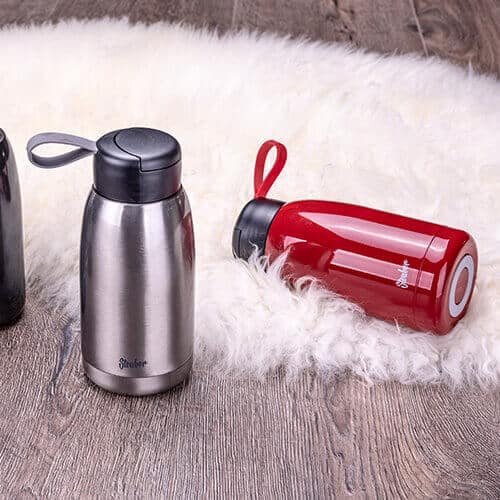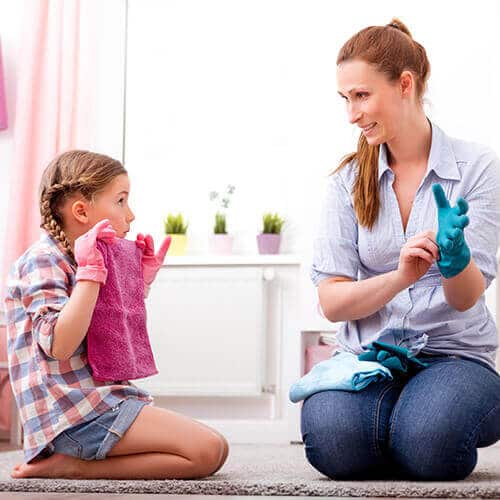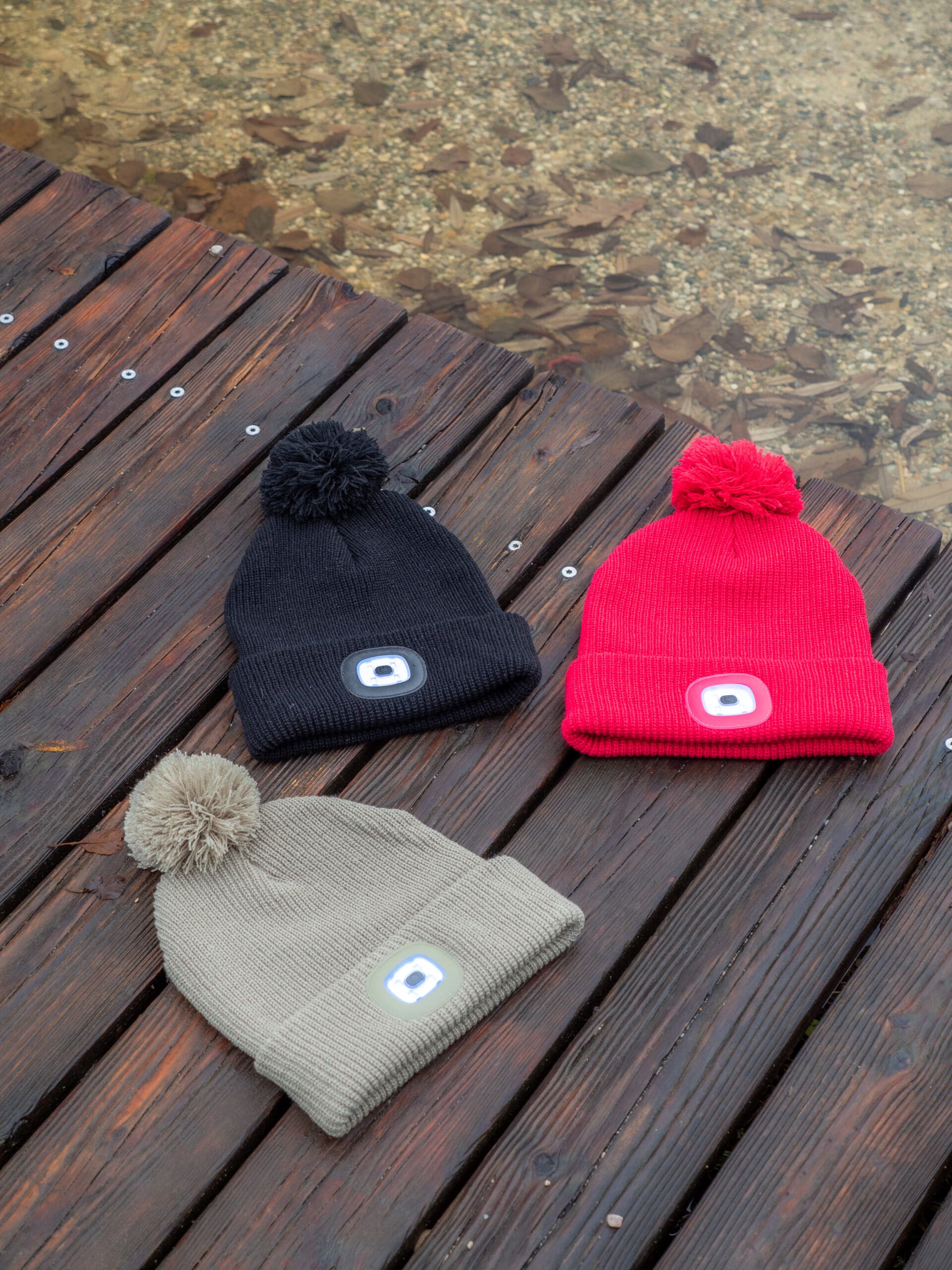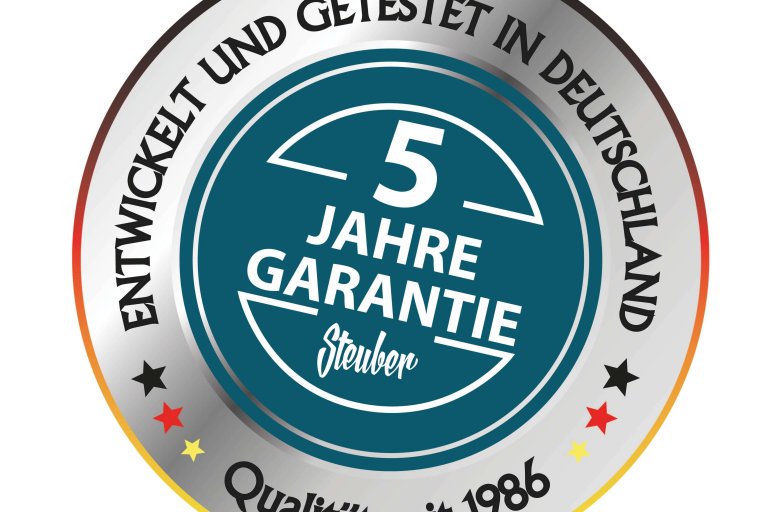simply.life
simply.steuber
Who wants to be successful long term has to offer convincing quality to their customers. This is why we only use high-quality components and materials that are free from contaminants and substances that are hazardous to health. Quality is an important topic for all our employees, even though we have our own assigned quality control department. Quality begins with the product, continues with the reliablility of the company’s services and is completed with full customer support. To fulfil our standards, we at Steuber work closely with practically all known test institutes and our cooperation with the customers exceeds the officially required standards in most cases.
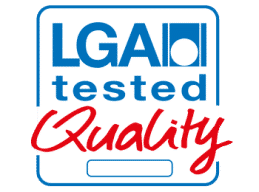
TÜV LGA Tested Quality With this seal we guarantee that our products are non-toxic and safe and meet the requirements of the market. To receive the seal “LGA-tested-Quality”, the instructions, characteristics and safety of products are precisely tested.
This mark is granted by the test institute “TÜV Rheinland” in Germany. The TÜV (“Technischer Überwachungsverein” technical montoring association) is a reliable service provider in the areas of safety, quality, environment and profitability for industry, products and traffic.
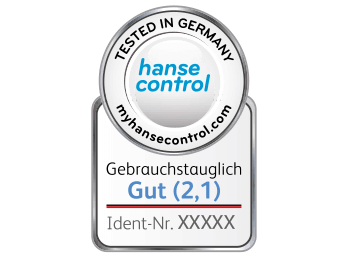
Hanse Control FFU The program Hermes Hansecontrol Fit For Use (FFU) tests and assesses the suitability for use for a wide range of products. It includes tests in the categories function, handling, workmanship and durability. Furthermore, products are tested in regard to their compliance with regulatory and normative requirements.
Founded in 1982, Hermes Hansecontrol is a test and certification company for product safety and quality assurance, which operates nationally and internationally.
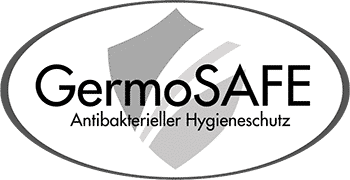
GermoSafe stands for an antibacterial protection for your hygiene that is included in many of our products. By adding silver phosphate glass into the material, bacterial growth is highly reduced. Silver phosphate glass is not a coating, it is a component of the material itself. Because of this, the antibacterial protection is effective even when the surface is damaged (for example the cuts of a sharp knife on a cutting board). In this way, working hygienically is guaranteed.
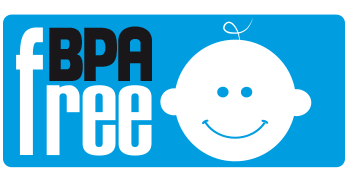
BPA is an organic synthetic compound that plays an important role in the synthesis of plastics. Plastics that contain BPA can release BPA into the foods that come in contact with it. Bisphenol A counts as a hormonal hazardous substance, which is why the tiniest amount can lead to changes in the hormonal balance. Experts also consider BPA to have a connection to developmental disturbances in infants, as well as cardiac diseases, liver problems, diabetes and the contribution of excess weight gain. Products labelled “BPA-free” do not contain this chemical compound.
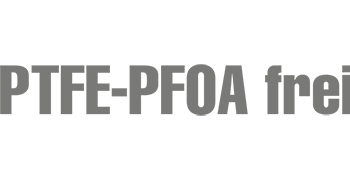
PTFE is considered to be a member of the thermoplastics group. Due to its low friction coefficient it is commonly used as coating for pots and pans. However, at temperatures above 392 °F (200 °C) it can release highly toxic pyrolysis products. These can be harmful to one’s health and are considered to be carcinogenic.
Perfluorooctanic acid (PFOA) is a fluorinated synthetic acid. Perfluorooctanic acid in particular is used as aid in the maufacture of polymers (for example PTFE). Many studies have pointed out its carcinogenic characteristics. PFOA can get into the environment and enter the human body as a degradation product of fluorine chemicals.
Products that are labelled “PTFE-PFOA free”, do not contain these chemicals.






